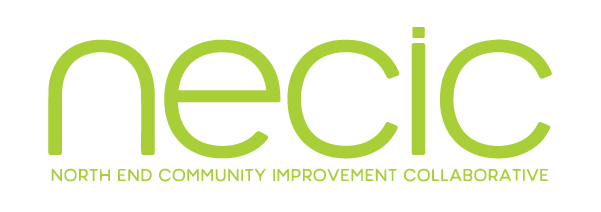The COVID-19 pandemic has had a catastrophic impact on the world economy. It has especially hurt small businesses, given that they do not have the huge cash reserves that big corporations like Amazon, Apple, Google, Microsoft, and others do.
But amidst all the chaos, and once all of this is over and we can resume our regular lives, entrepreneurs can (and should!) take home some valuable lessons from these challenging times. Here are the three most important ones.
1. You need to have a good relationship with your bank
After the government passed the CARES Act, a colleague of mine told me that she heard that local banks actually called some of their clients to not only ask them if they had applied for the Economic Injury Disaster Loans (EIDL) and Paycheck Protection Program (PPP), but also strongly encouraged them to apply, almost to the point of begging them to do so. They also went the extra mile and offered to help them fill out their applications. And given that these federal pots of money ran out in less than three weeks, every helping hand is crucial.
They reached out to clients that had a good repayment history, a solid business, and, most importantly, with whom they had a good banking relationship because they knew that these entrepreneurs were most likely to successfully repay their loans. Moral of the story: having a strong relationship and reputation with your bank is crucial. Not only that, but you don’t want to be that person who, when generously given this lifeline and assistance by a bank, has to tell them that you’re not ready because you don’t have your tax forms, business filings, and other bookkeeping issues readily accessible. You need to have your books in order (bookkeeping tips for beginners)!
We know that it can be intimidating to step into a bank and ask questions that make you feel stupid or embarrassed, but doing these difficult things can be the difference between having money to keep the lights on and going out of business. Which do you rather have?
2. E-commerce: you must have a website
As Governor DeWine issued a stay-at-home order that forced non-essential businesses to close their doors, almost every Ohio resident found him/herself stuck at home. Businesses in the food and beverage industry were only allowed to do take-out orders, drive-thrus, and curbside delivery, something that proved to be an easier pivot for some than for others. Those that already had websites did not have to do too much extra as they simply redirected customers to their website (or app) to place orders. But those without websites or ecommerce platforms suddenly had to scramble to accommodate customers that still wanted to buy food and drinks.
There were cumbersome processes (for order pickups) like calling ahead, asking what items were still in stock and/or on the menu, sometimes forgetting the exact name of the product that you wanted, finally placing an order, dictating your name and all 16-digits of your debit/credit card for payment, and finally completing the journey by receiving your order. On the other hand, companies with websites and ecommerce platforms had a much easier experience. Customers visited the website, scrolled through all the items on the menu (items that were sold out would be marked as such thanks to real-time inventory updates), chose what they wanted, entered their payment information (which was probably already saved in the browser from previous ecommerce purchases), and clicked “buy.” Much less friction and far more convenience for every party involved in the transaction. Given that COVID-19 already gave entrepreneurs more than enough crises to deal with, why give yourself yet another headache just because you don’t have a website?
Having a website was already important before COVID-19. Now, it’s an absolute must-have for any business operating in the 21st century. Thanks to our partnership with the Akron Urban League and GoDaddy, and as part of our Microbusiness Development Program, we are offering you the chance to get up to 2 years of FREE website services with GoDaddy. Please contact Edward Akinyemi at edward@necic-ohio.org or book a virtual meeting with him on his calendar at https://calendly.com/edward10 to find out more about this great opportunity!
3. Contactless paying
The health concerns of COVID-19 has led to people being worried about and questioning how hygienic it is to conduct transactions with cash (given how many germs they carry). Continuing the theme from the previous lesson, if your business offers contactless payment options then you don’t have to worry about this being a barrier to doing business. Not only that, but research shows that companies that accept mobile payments grow faster and more profitably than those that do not. While these payment options mostly run through your website – credit card, ACH, Paypal, Samsung Pay, Android Pay, Apple Pay – there are also alternatives like Cashapp and Zelle.
There was already a strong trend in which people were moving away from cash as a payment method and towards digital/contactless payment before COVID-19. There is a good chance that once the world recovers from this crisis, cash will be shunned in favor of the more “hygienic” payment methods. Is your business ready for that shift?
We are here to help!
If you are interested in taking advantage of the FREE GoDaddy website offer, please contact Edward Akinyemi at edward@necic-ohio.org or book a virtual meeting with him on his calendar at https://calendly.com/edward10.
If you are a business owner or looking to start a business, then make sure to register for NECIC’s Microbusiness Development program at https://bit.ly/2VujVLy Classes start on May 4th and will be on Mondays and Wednesdays from 4:30pm till 6pm. Due to COVID-19, they will be held virtually.
« Back to Blog134 N. Main St., Mansfield, Ohio 44902
